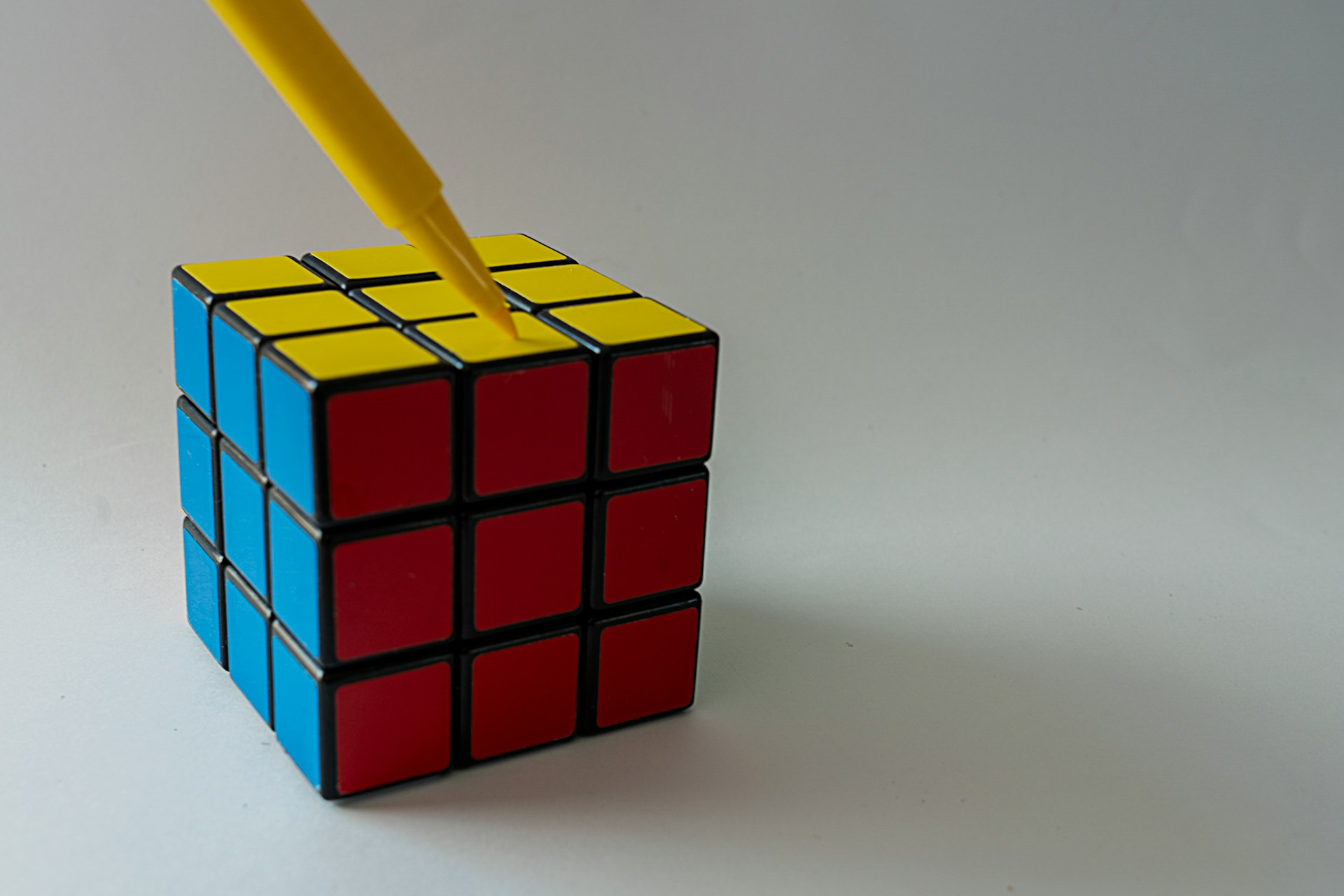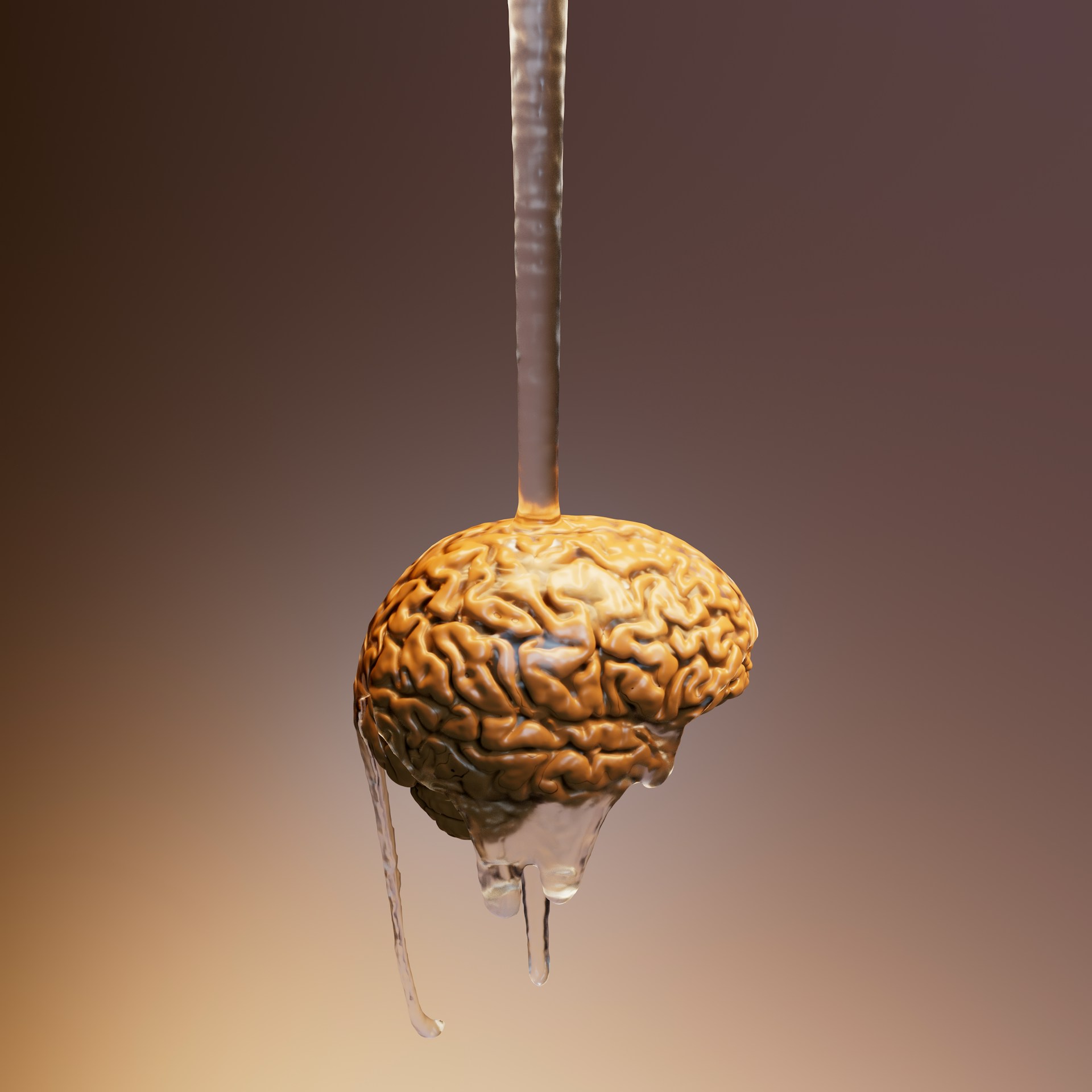Smart Simplicity: How Our Brain Solves Big Problems with Small Tricks
New research suggests that our brains actually use some pretty simple strategies to solve complex problems. As simple as this sounds, there's a lot of depth hidden within.
When I read the news about this study, I was reminded of my own experience. We make so many decisions every day – what to buy at the market, which way to go, even when to take a break or work. While these may sound simple, there's a kind of thinking behind each decision that our brains carry out without us even realizing it.
The study says that people actually use two main methods to solve such problems. One is called "hierarchical reasoning", which means breaking a large problem into smaller parts. The other is "counterfactual reasoning" – where we imagine what would have happened if we had chosen a different path.
I think we use these two strategies almost every day – sometimes knowingly, sometimes not. For example, if we're late at the bus stop, we think - "Maybe if we had taken an earlier bus, we would have arrived on time." Before we start a big task, we divide it up – we plan first, then we act.
This study also showed that our brains can’t think of all the aspects at once. It’s as difficult as holding four conversations at once. So the brain often takes shortcuts – it’s not a weakness, but a clever strategy.
Researchers did a fun experiment where volunteers were shown a sphere in a four-way puzzle, and they had to guess which way it would go. They looked at how the brain makes decisions while doing this task. The results showed that people don’t think about all the ways at once, but make decisions step by step. Interestingly, when artificial intelligence or AI models are given human-like constraints, they also start making decisions like humans!
I found this very important. Because it shows that our brains actually do the best they can under the circumstances – and do it in a completely logical and intelligent way.
Finally, a big part of this research is that it could pave the way for future artificial intelligence developments. If we can understand when and why the brain is using a particular strategy, we might be able to create more efficient and human-like AI.
This article made me think about my own thoughts – how intelligent we are every day, these little tricks inside the brain are proof. To be honest, we often don’t realize how amazingly our brains respond to every problem.
This is important not only for science, but also for our daily lives – because it helps us to know ourselves a little better.

